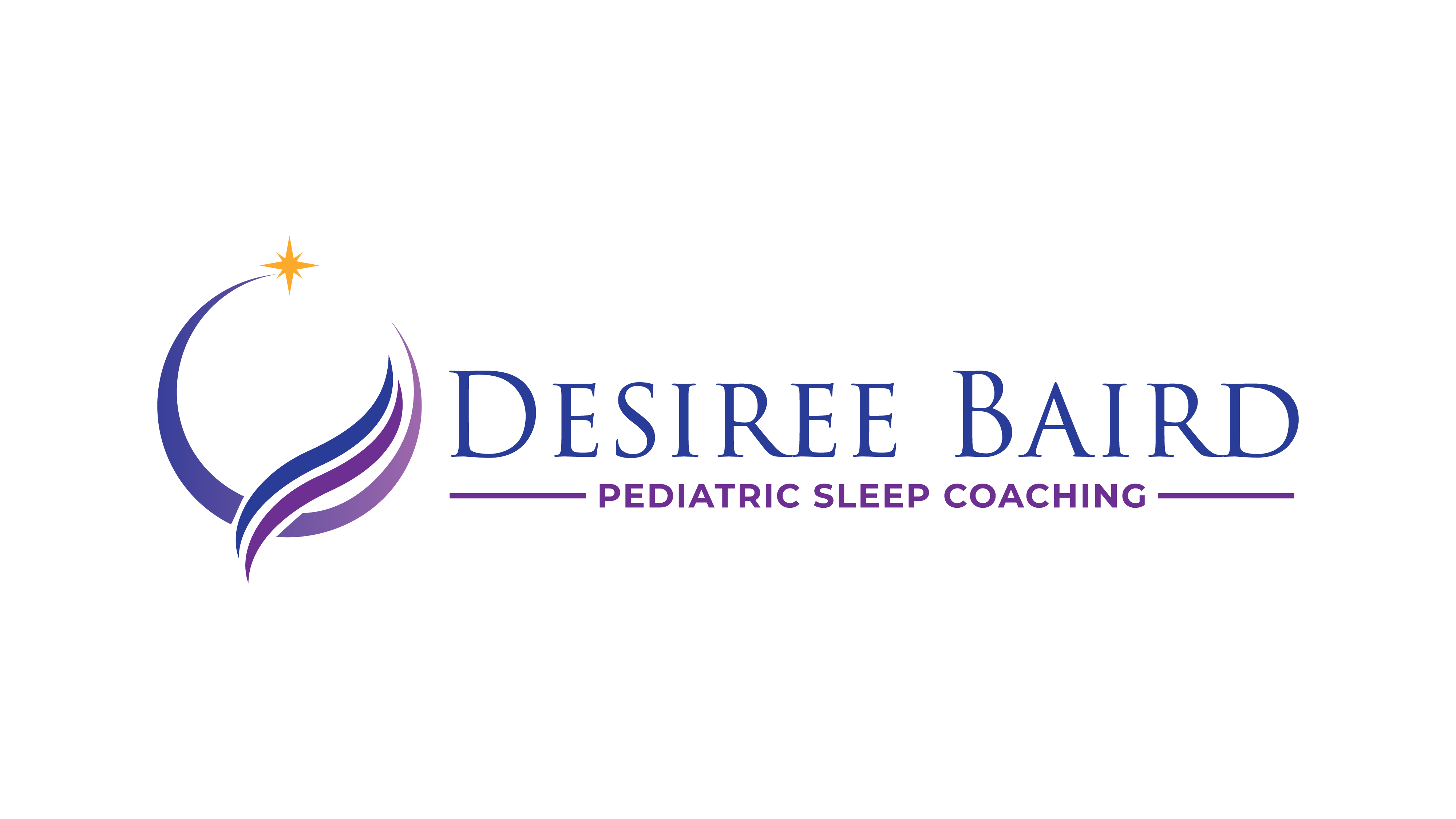Teething and night disruptions
- Desiree Baird
- Jan 2, 2019
- 4 min read
I am a sleep consultant, and I still have to overcome hurdles.

I don't want you to think my "sleep" life is perfect, and I never hit "bumps in the road" because guess what -- I do! In fact, just last night my 9 month old woke up at 9pm screaming...I immediately looked at the video monitor. He was safe, so I let him fuss a little since his screaming went to a dull fuss. After 15 minutes of him crying, I just couldn't take it any longer....so I went upstairs, did a quick check to ensure he didn't have a "surprise" for me in his diaper. Felt his forehead (no fever), picked him up, gave him a hug and then left the room. Well when I left the room the scream was worse than ever before...still I let that go because I know my son, and I know that once he sees me, then he will cry harder. He eventually fell back to sleep. However, all night he tossed and turned and fussed here and there (only a few minutes at a time) and this unfortunately resulted in not a good sleep for me. So yes, these nights happen to me, but I also know how to handle them.
So back to teething, today I have been in-tuned to him. Checking his temperature, rubbing his belly, giving him extra snuggles, looking for teeth, nothing!!! A part of me wants to blame it on teething, but I truly do not think that is what it is. Since I know quite a bit and how it affects teeth, I thought I would share that with you so if you ever have a night like I did, then you can rule out teething.
The scary truth about teething...
Teething and sleep problems, they don't always translate believe it or not. A lot of parents blame their teething baby or toddler for sleep problems. Well I'm here to burst your bubbles moms and dads -- there has been research done and teething doesn't cause long term teething and sleep disruptions. Of course, teething does cause pain, but it doesn't cause consistent symptoms. Symptoms usually start 2 days prior to the tooth erupting through the gums, and is sore about 2 to 3 days after it has cut through the gums. Sometimes like according to this article written by Melinda Wenner, teething sleep disruptions only occur on the day that a child's tooth erupts and one day after. No symptoms regularly occurred i the days "before" the toothed appeared.
OK, so my little guy didn't wake up with a tooth this morning, nor did it pop through before his afternoon nap. I am guessing that he is "not" teething. This is a good sign, but bad for me because now I'm wondering...what is wrong with him? I am going to chalk it up to just a bad day, or maybe he has a tummy ache or just going through a clingy phase. However, I will never know -- but I know one thing is for sure, teething didn't cause that middle of the night waking last night. I do know that disruptions in sleep for any reason are normal and should be expected -- it's how I react (or how any parent reacts) to the sleep disruption. I reacted the right way. By giving my baby the opportunity to fall back asleep on his own, checking on him since he didn't right away, and since I knew he was ok I left the room and even knowing he got more irate, since I didn't run into him again and react, he went back to sleep. Hoping for a better night tonight! :)
Lastly, if you should you find yourself with a child who is showing obvious signs of teething (a visibly erupting tooth, digestive disturbances, drooling), and who is waking overnight due to the possible discomfort, your best bet is to treat the discomfort however your doctor advises you to, comfort them, and put them down AWAKE! Even if they protest falling asleep (like my little guy did), once you’ve done what you can to treat, care, and comfort them, your child needs to fall back to sleep on their own. If you begin helping them fall asleep like creating a new habit of rocking, nursing, or holding to sleep, then they could being wanting the same assistance ever time it's time for them to fall asleep. You don't want to create a bad habit, and you are not hurting your child if they protest after you leave their room and you've done all you can do. If you make sure to always allow your child to put themselves to sleep, the disruption in sleep resulting from teething will pass quite quickly. If you instead make “an exception” and begin to assist them again, you will find that once the tooth has erupted and any associated discomfort has passed, that the interrupted sleep will remain and you will have to train your child to fall asleep without your help once again.
For more information and evidence-based research regarding teething, you can view this article too.




Comments